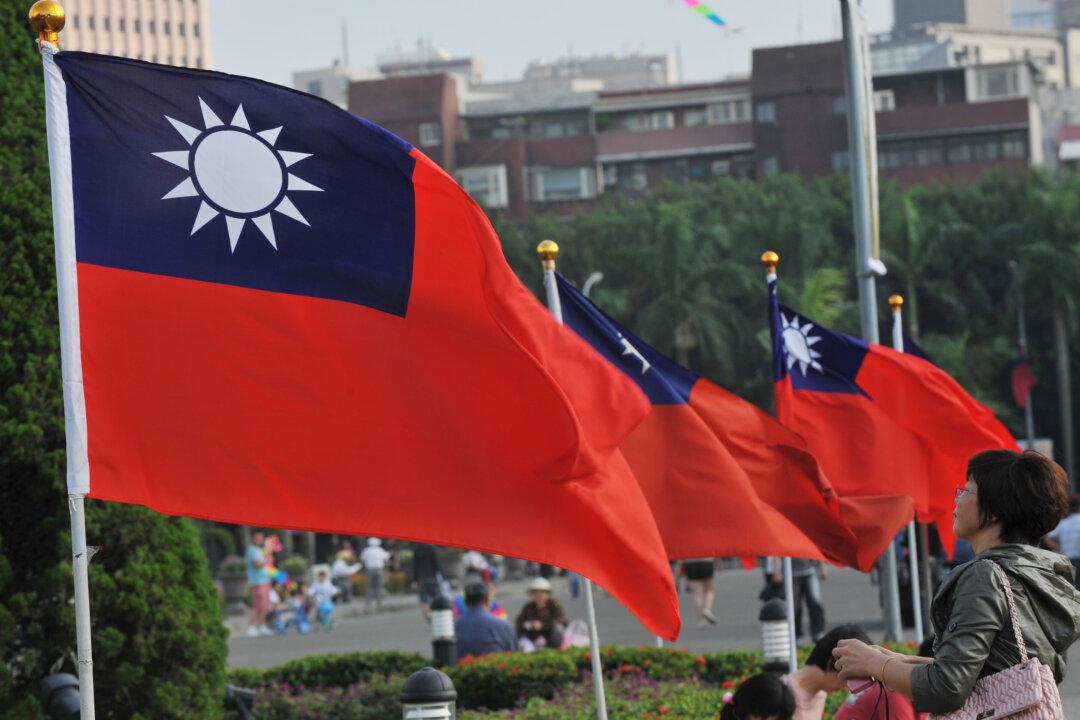TAIPEI, Taiwan—Several members of the Inter-Parliamentary Alliance on China (IPAC), a multinational network of lawmakers concerned about communist China’s disregard for the rule of law and universal human rights, are calling for international solidarity with Lithuania and Taiwan, which are facing coercion.
The regime in Beijing has picked a fight with Lithuania, which agreed in July to allow Taiwan to open a representative office in the Baltic nation under the name of “Taiwan.” Since then, the communist regime has recalled its ambassador to Vilnius, forced Lithuania to recall its ambassador to China, and leveled threats against the Baltic nation.




